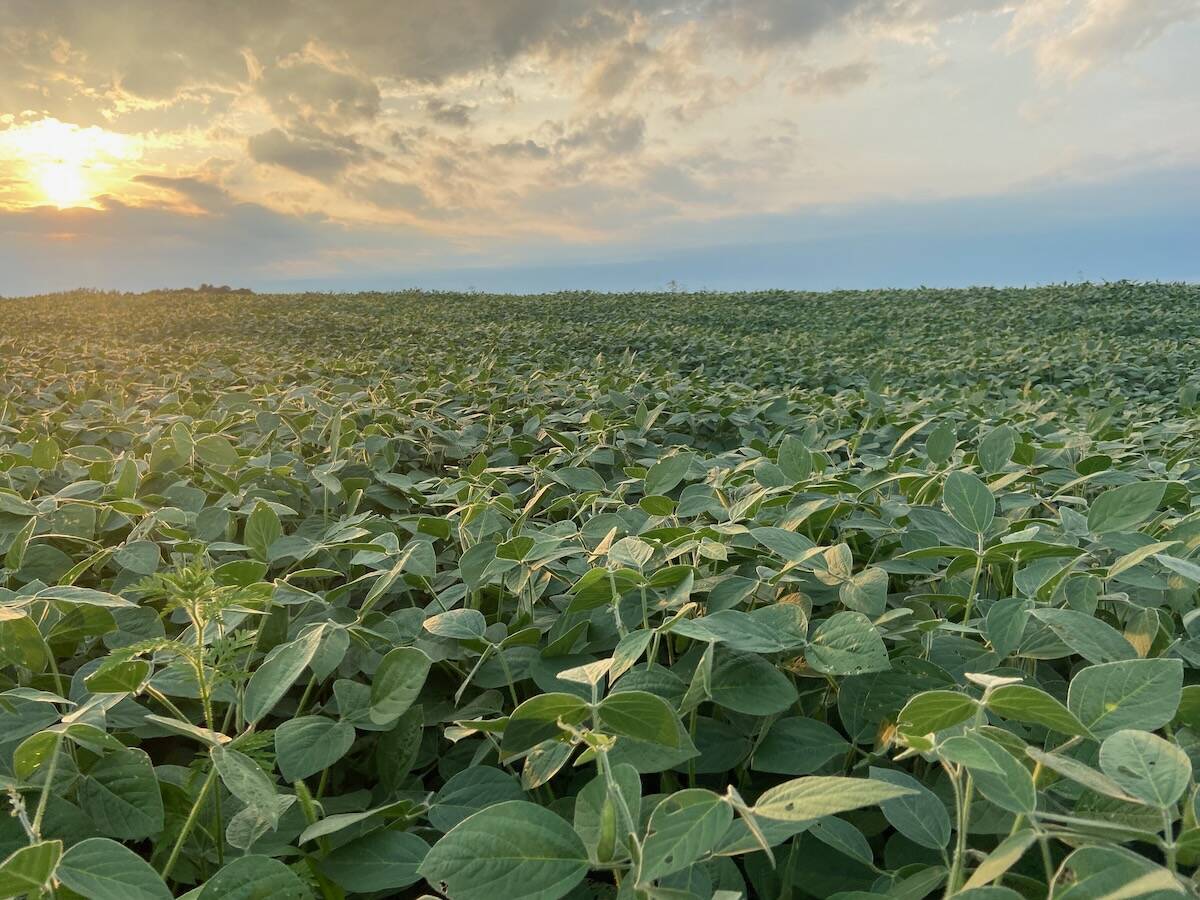Reuters – Brazilian farmers will spend more to nourish crops like soybeans and corn this season, according to agribusiness consultancy StoneX. It reflects a rise in prices exacerbated by the conflict in Ukraine.
A soybean farmer in the south of the country spent on average US$251.65 per hectare to buy nutrients in the last season. In the crop year starting this month, some will have to pay 60 per cent more to acquire the same amount of fertilizers, StoneX said.
The math is even more unfavourable for corn growers, who face a fertilizer price increase of about 85 per cent on average this year, according to StoneX.
Read Also

Weed resistance closes in on glufosinate
Expanded soybean acres and tighter application windows have eroded buffers that have so far protected Liberty herbicide on Prairie farms
The war in Ukraine sparked Western sanctions against major fertilizer producer Russia and also caused a rise in the price of natural gas, which is used as feedstock for the production of fertilizers.
“Fertilizer consumption should be lower in 2022, after reaching the historical record of deliveries in past year,” StoneX said.
Total fertilizer consumption will drop by an estimated 7.2 per cent to 42.6 million tonnes, it predicted.
Brazil imports about 85 per cent of its fertilizer needs. Farmers in the centre-west and in the south of Brazil, for example, are expected to lower consumption of fertilizer by eight per cent and 11 per cent, respectively, according to StoneX.
Even so, Brazilian farmers are not expected to lose yields and are poised to reap massive soybean and corn crops.
Based on StoneX calculations, corn farmers will reap the biggest crop in seven years, just below 30 million tonnes, representing a 13 per cent increase from last year.
At the same time the 2022-23 Brazilian soy crop is expected to be a record of 153.6 million tonnes, up 24 per cent from last year, StoneX said.














